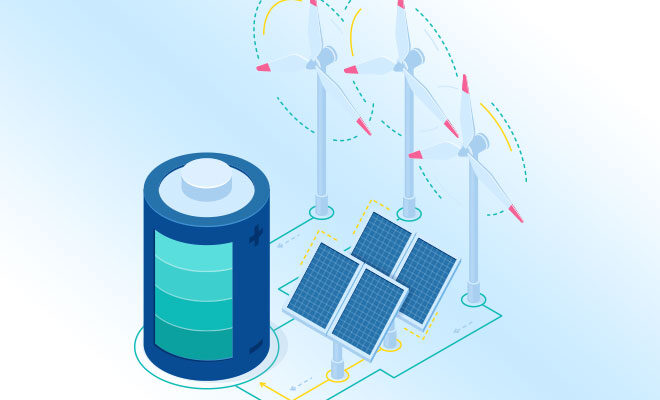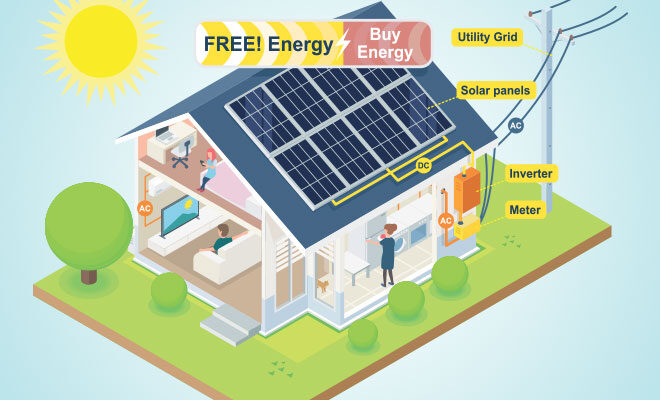The Differences Between Commercial and Residential Solar Power Installation
When deciding on what kind of solar energy system to install, you should know the different considerations between commercial and residential systems.
The two types have different costs, efficiencies, and benefits. If you want to learn more about these differences, keep reading!
Larger surfaces
Commercial rooftops are larger and commercial buildings have higher energy needs, so they typically use larger panels with more cells. Commercial rooftops are also generally flatter, making installation easier than sloped residential rooftops. However, this installation saving is offset by the increased number of panels required for commercial applications.
Aesthetic concerns
Residential projects are also designed to be low-profile and attractive, and quite often use sleek and more expensive black panels. Commercial projects on the other hand use white bulky panels that can make them noticeable against their surroundings as industrial properties tend to focus more on function over form or appearance.
COMPARE RESIDENTIAL SOLAR QUOTES
Efficiency Rates
Commercial panels are generally more efficient at producing electricity since they are slightly larger than residential panels. Larger panels and increased efficiency are required on commercial buildings as the energy requirements are also much higher than residential ones.
Peak purchasing power
Most commercial energy use is typically required during the day when electricity rates are high. Solar panels obviously produce more energy in the daytime, meaning that commercial solar systems can make better use of the solar energy created and therefore rely less on extra (expensive) energy from the grid.
Now that you know the fundamental differences in commercial solar power, we want to make sure you get a system tailored specifically for your needs. Please seek advice from our experts on how high-quality commercial solar energy systems can work best for your property and budget.
We’ll help guide you through every step of the process so there are no surprises or costly mistakes down the line. With all this information and guidance from professionals, you can plan a successful installation and save money in the long term!




